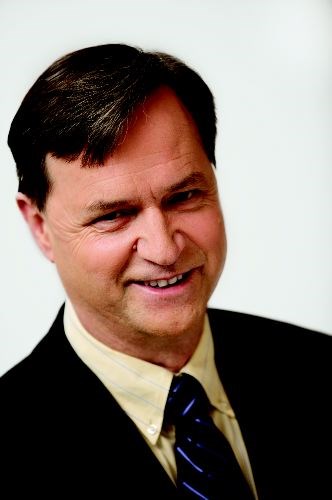Education minister George Abbott is maintaining an arm's length approach to the ongoing contract talks between teachers and the province's bargaining agent.
In a conference call with northern B.C. media, Abbott limited his comments to saying the sides remain far apart and there will be an impact on schools.
The B.C. Teachers Federation and the B.C. Public School Employers Association have been locking horns over a new contract for several months now and teachers have said they will refused to do administrative work or attend meetings with management if an agreement is not reached by the time school starts next week.
On Sunday, arbitrator Marguerite Jackson issued a ruling over which issues should be bargained provincially and which ones are for local tables. Jackson concluded that neither party has the authority to unilaterally delegate provincial matters to local tables.
Abbott said the ruling provides some guidance as the parties work through the issue.
"I don't want to say anything that would be unconstructive or disrespectful of the parties as they discuss that at the table," Abbott added.
On other matters, Abbott indicated he would be willing to call a summit on rural schools. Asked about a review of the funding formula as it applies to rural schools, Abbott said the ministry must always be open to the possibility of improving the system but added it will likely never please everyone.
Abbott highlighted the full-implementation of all-day kindergarten across the province after it was partly introduced last year. In all, 37,000 students will participated, up from 22,000 last year.
"This will have a very, very positive impact in terms of the future educational results that we enjoy in this province," Abbott said.
Abbott also touched on the so-called "personalized learning" model that the ministry and school districts are working to implement. He said the idea is to identify learning challenges in particular students at a young age and then address them and, as they move into the secondary years, maintain a focus on foundational skills but to also open up "different pathways to success for students" partly by working with colleges, universities and private-sector businesses.
"Even though our overall graduation rate is very close to 80 per cent, we want to improve on that," Abbott said. "We are still losing more kids out of the system than I think we should and I think it's because we sometimes don't provide them with the opportunities to explore their areas of interest."



